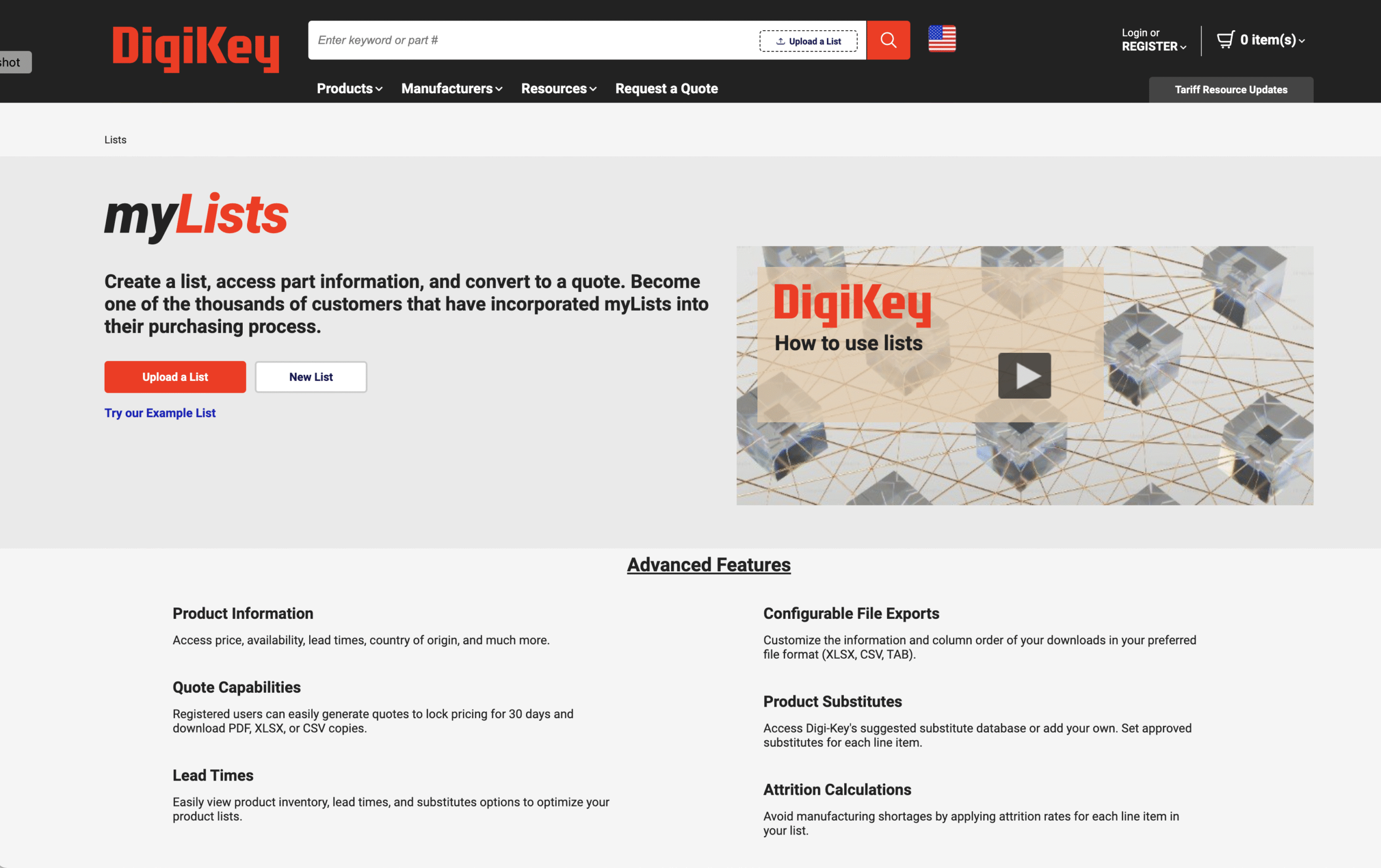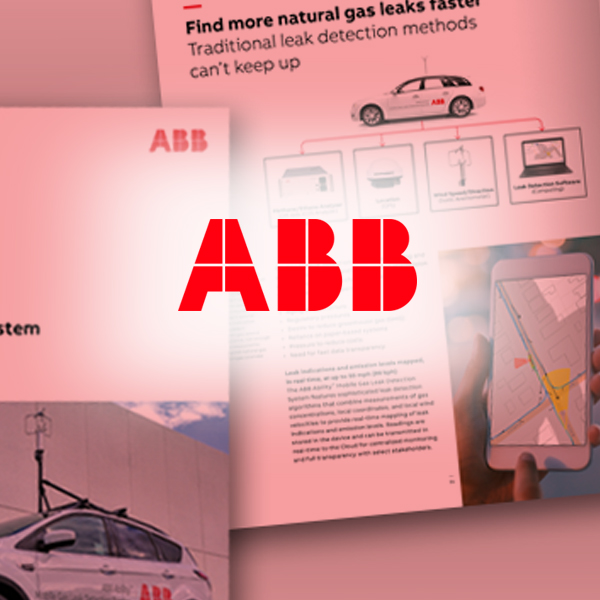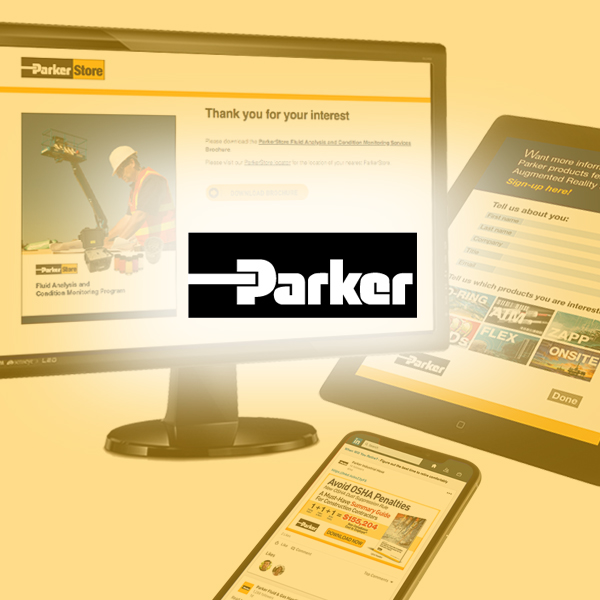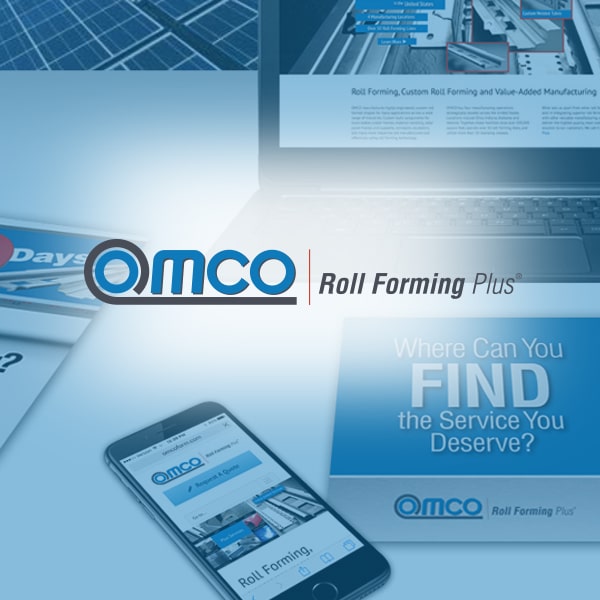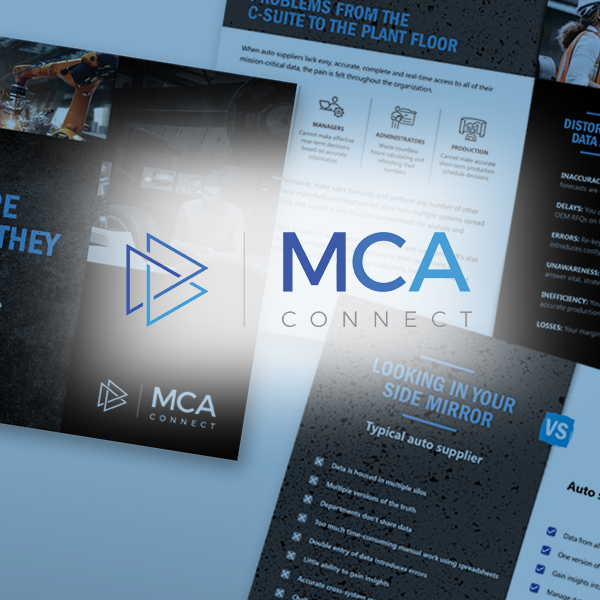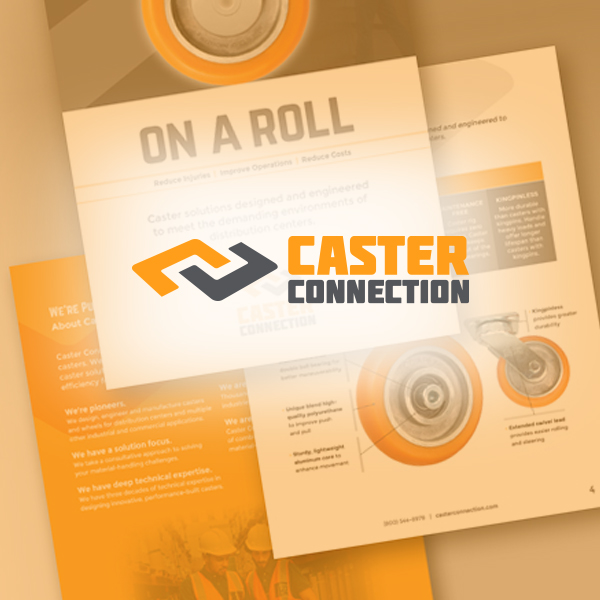Why Self-Service Tools Are Essential for B2B Manufacturers in the Age of LLM Search and Agentic AI
Today, large language models (LLMs) like ChatGPT, Perplexity and enterprise AI copilots are transforming how your buyers discover, evaluate and select solutions.
We’ve entered the age of the answer engine. Instead of typing keywords into a search bar, your buyers now ask complex questions, such as: “Which industrial controller supports both EtherNet/IP and MQTT and costs less than $1,000?”
LLMs know how to handle questions like this. And they don’t do it by returning a list of links. Instead, they give direct answers, synthesize information, and even recommend options based on context. And they do so in ways that bypass traditional web pages (and your carefully crafted marketing copy).
This means your buyers are engaging with information in ways you haven’t had to anticipate until now. They’re using AI assistants to research products, compare options and build shortlists, often without ever visiting your site.
In this AI-powered world, your traditional marketing content (webpages, blog posts, brochures) won’t be enough. If you want to be visible as a B2B manufacturer, win engagement and drive conversions, you need self-service tools that buyers (and AI agents) actually use.
Why self-service tools are rising in importance
In this environment, the best marketing isn’t a slick campaign. It’s a tool that works, without a rep. Here’s why.
LLMs prefer structured, actionable data
LLMs are built to consume structured data: product specs, configuration options, pricing tables, APIs, and databases. They pull this data into their models and deliver it when someone asks a question. If your site offers nothing but generic copy or locked-down PDFs, you’re invisible. But if you offer structured tools and data-driven outputs, you’ll earn a spot in the AI-powered buyer journey.
Your buyers want instant, personalized answers
B2B manufacturing buyers have always valued convenience. Now, with AI giving them answers on demand, they expect even more. They don’t want to wait for a callback. They want pricing calculators, configuration tools, inventory checkers, and spec comparisons—right now. If you’re not delivering those tools, a competitor will.
AI Agents and copilots will use APIs & tools, not just pages
As AI copilots and autonomous agents become the norm, they’ll rely on APIs and structured data, not static pages. Microsoft, Salesforce, Google, and others are building AI agents that query databases, check inventory and generate quotes on behalf of your buyers. If your tools aren’t accessible via APIs or structured markup, you’ll miss out on this next wave of engagement.
Less reliance on sales reps = more pressure on your tools
As B2B manufacturing buyers spend less time talking to your sales reps, your digital tools need to do the heavy lifting. Self-service tools don’t just support your sales team—they often become your sales team.
AI search will bypass brands that lack useful interfaces
If your website doesn’t offer practical, interactive tools, AI search will route around you. Your buyers will get answers, and they’ll get them from competitors who offer structured tools and accessible data. The agentic AI era will reward the brands that deliver useful interfaces, not just pretty websites. In the LLM and agentic AI era, the best marketing is a tool that works without a rep.
Examples of today’s high-impact B2B self-service tools
So what kinds of tools should you consider? Below are examples of B2B manufacturers doing it right. The key thing to understand about these tools is that they serve both your business buyers and the bots. They help your buyers make informed purchasing decisions. And they make your data accessible to AI tools, copilots, and autonomous agents. This means they keep you visible in an AI-driven market.
1. Product configurators
Give buyers the ability to configure a product based on their unique requirements, and get recommendations on the spot.
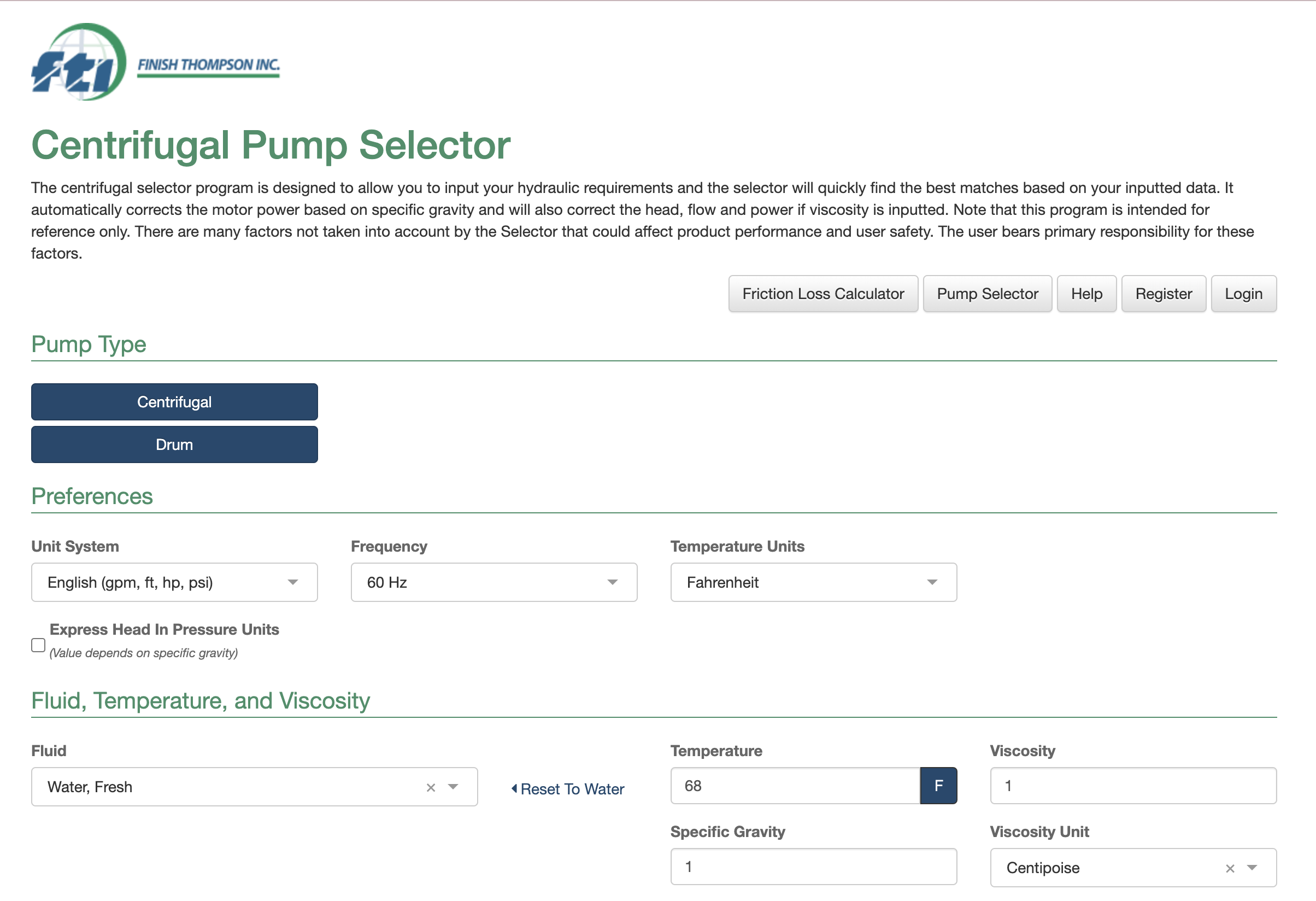
2. ROI & cost calculators
Help customers quantify value with calculators they can use before they ever speak to you.
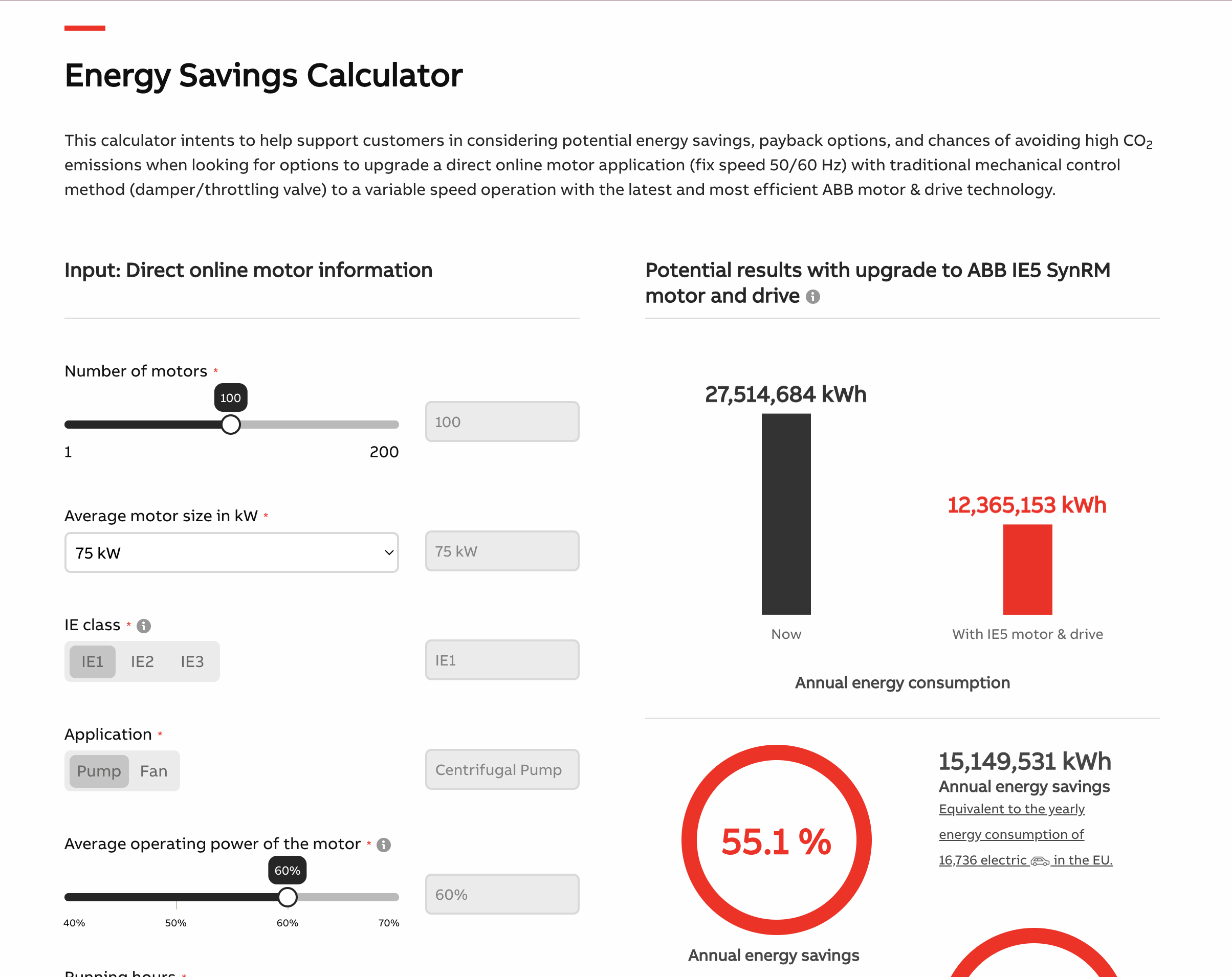
3. Part lookup & cross-reference tools
Make it easy for buyers to find compatible or replacement parts without picking up the phone.
Acme Industrial Cross-Reference Guide
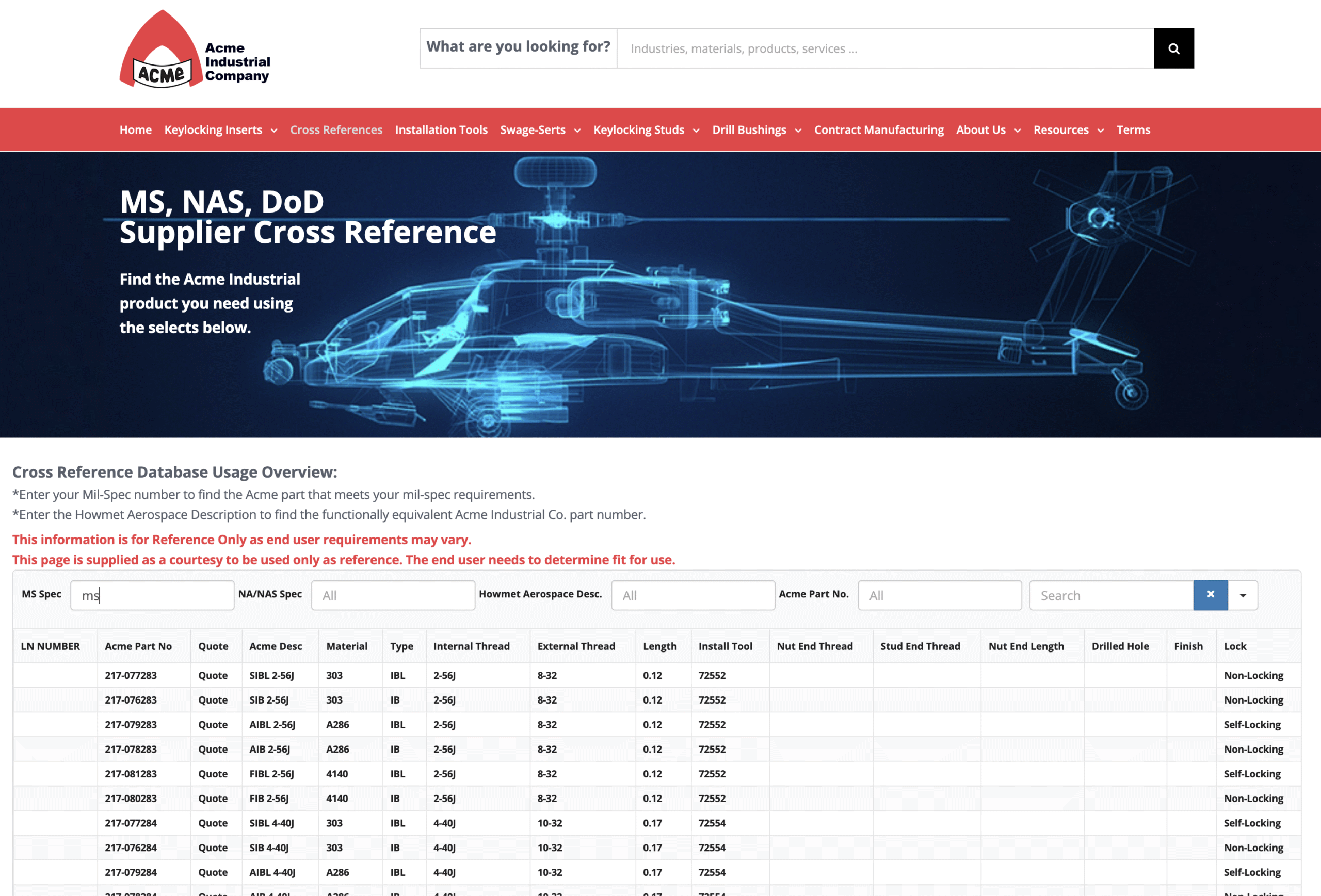
4. Inventory/lead time trackers
Show real-time stock levels and lead times to help buyers make confident purchasing decisions.
Digi-Key Inventory & Availability
5. Technical resource libraries
Provide searchable databases of technical resources, datasheets, and documentation your buyers actually need.
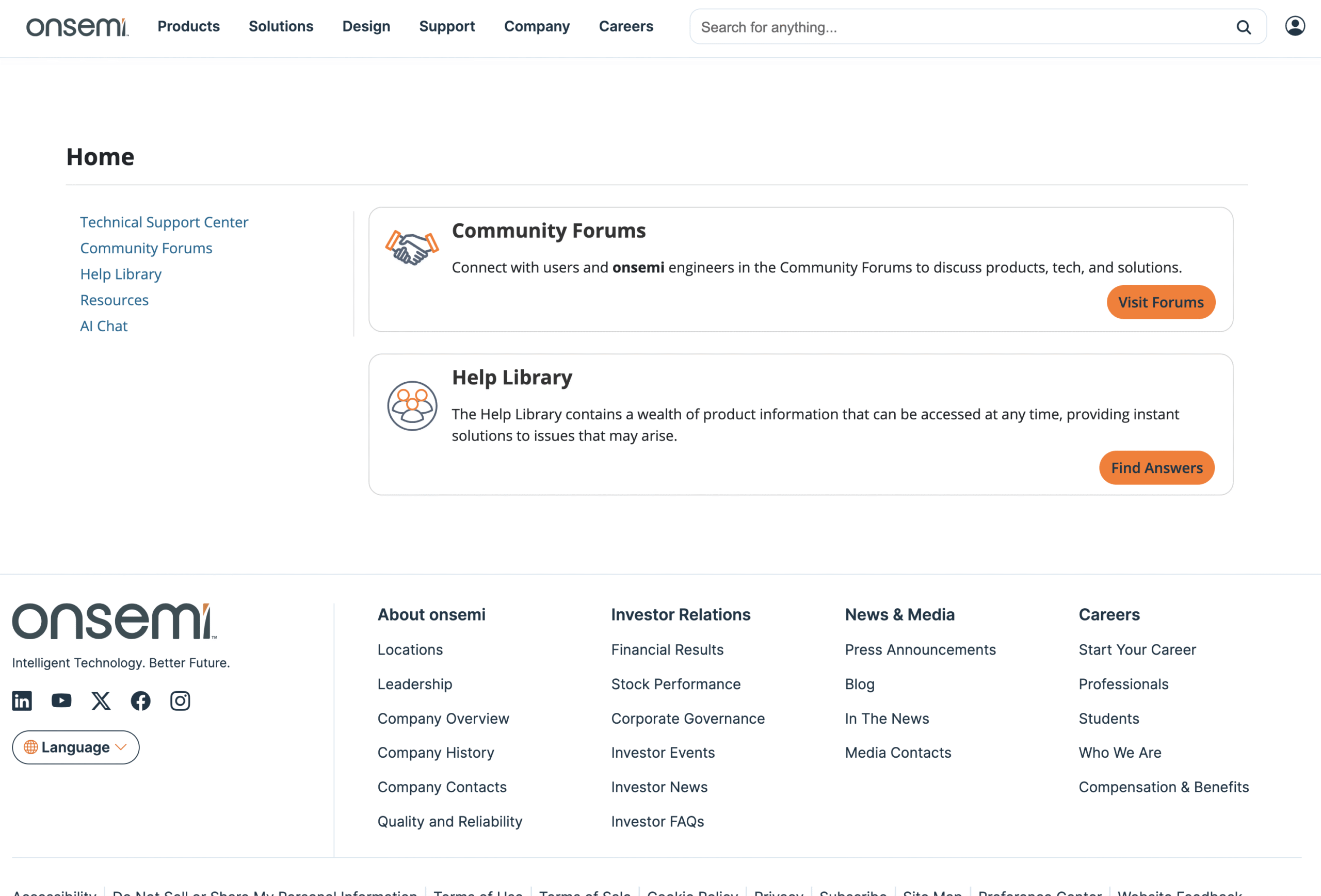
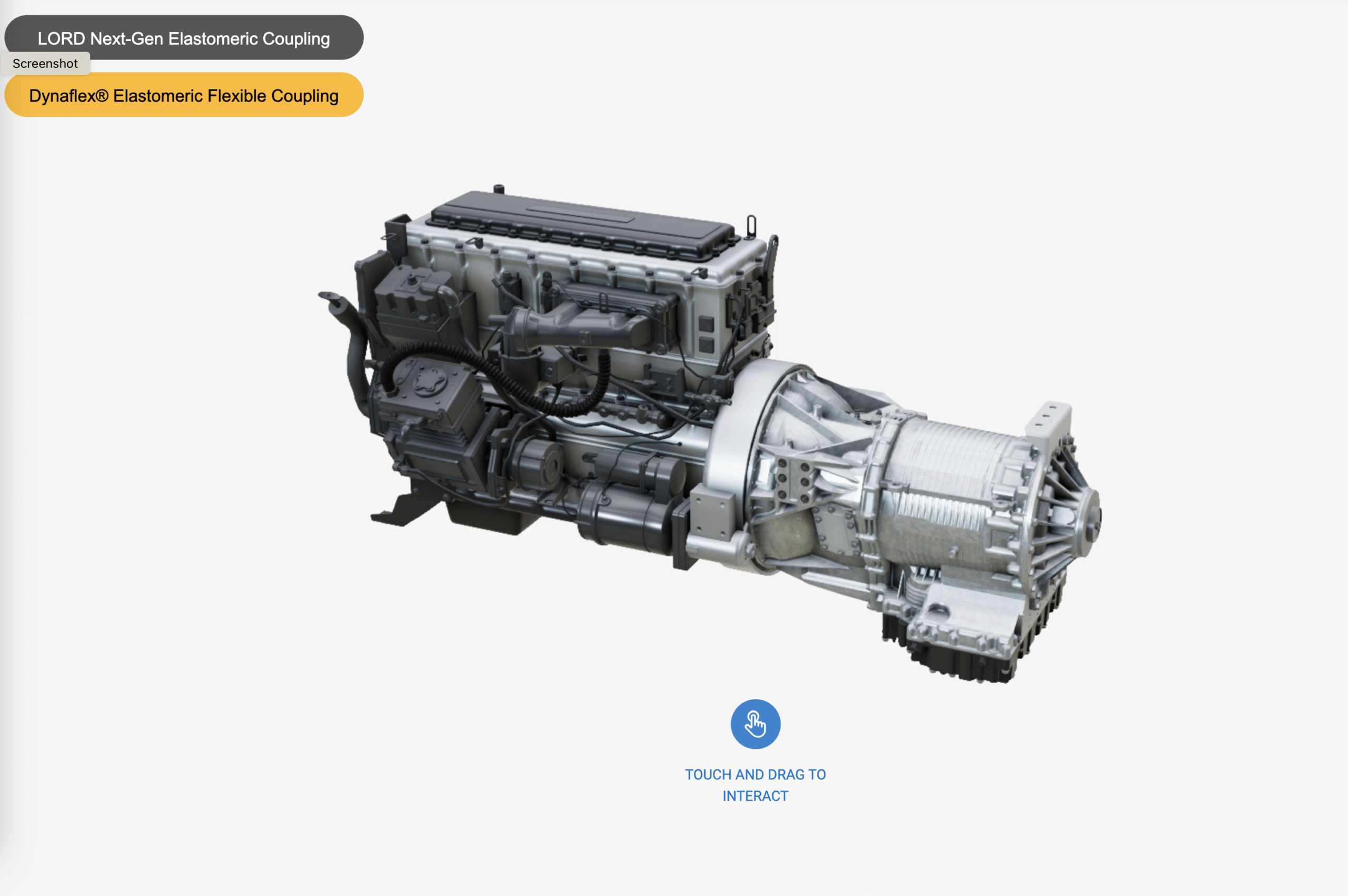
Other B2B self-service tools
Here are more examples of self-service tools that B2B buyers value.
Before the sale
- Product comparison tools
Let buyers compare features, specs, and pricing side by side for multiple products. - Quote builders & estimators
Allow buyers to configure a solution and receive an instant price estimate or budgetary quote. - Digital sample requests
Enable buyers to request product samples or demos online with customizable options. - Specification sheet generators
Provide tools that let users generate custom datasheets or performance summaries based on their selected options. - Certification & compliance lookup tools
Help buyers confirm certifications, compliance data, or regulatory approvals for your products. - Sustainability impact calculators
Show buyers how using your product can reduce emissions, energy use, or environmental impact. - Financing calculators
Help buyers explore financing options, lease terms, or ROI from financed purchases.
After the sale
- Order-tracking portals
Let customers view the status of their orders, shipments, or service tickets in real time. - Warranty lookup & registration tools
Allow customers to check warranty status or register their products online. - Maintenance & troubleshooting tools
Offer diagnostic tools or interactive guides that help buyers troubleshoot issues themselves.
What you should do next
This isn’t a future trend. It’s happening right now. Here’s how you must stay ahead as a B2B manufacturer.
- Audit your website for tools vs. static content: Does your site offer calculators, configurators, inventory checkers or interactive tools? Or are you still relying on static content? Start shifting toward experiences that both buyers and AI will use.
- Focus on high-intent interactions: Zero in on what matters most to your buyers, whether price, availability, specs, configurations or something else. Build tools that help your buyers get their answers quickly.
- Expose data via APIs and structured markup: Make sure your data (product specs, pricing, inventory) is accessible through APIs and structured markup. This isn’t just about SEO anymore. It’s about staying in the AI conversation.
- Explore chat-driven interfaces for guided buying: Consider AI-powered chat tools that walk buyers through decisions. But make sure they’re connected to real data, not just scripts.
- Turn self-help tools into lead magnets: Don’t just offer self-help tools. Use these tools to capture leads. For example, offer downloadable spec sheets or ROI reports in exchange for contact details.
Self-service tools are your competitive advantage
This will sound counter-intuitive, but you gain more control of the B2B buyer journey by relinquishing some control of the buyer journey. When you help your buyers with self-service tools, you help your business. Just remember that self-service tools aren’t a convenience anymore. They’re your competitive edge.
Why? Because your buyers are self-directed and digitally dominant. AI tools are changing how they research, compare and buy. If you want to stay visible and relevant (not to mention, preferred), you need self-service tools that both buyers and AI agents find helpful. The B2B manufacturers that invest today will be the ones indexed, recommended, and trusted—by human buyers and AI copilots alike—tomorrow.

"You guys met our expectations in every way. It [RH Blake Market Research] was the information we were looking for. Congratulations and Thank You!"
 Scott Griggs
Scott Griggs
Director of Services for Food Manufacturing and Food Service
ALS Global

"“I’ve gotten all that I’d hoped for from the RH Blake Growth Roadmap™ and more. Based on the research and insights, we adjusted our offering scope and sales approach. And this adjustment has been effective at generating new opportunities."
 Diane Reko
Diane Reko
President
REKO International

"RH Blake has been an outstanding partner. They deliver creativity, on time, and always so professional. We love working with them because of their perspective, support, and their efficiency in turning projects around quickly."
 Samantha Spano
Samantha Spano
Digital Product Marketing & Communications Manager
Industrial Automation Energy Industries
ABB
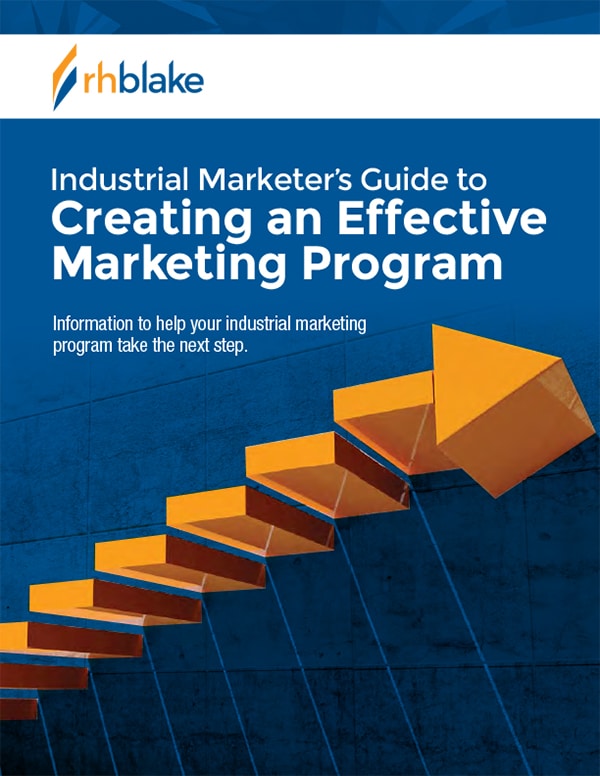
Industrial Marketer’s Guide to Creating an Effective Marketing Program
147 pages of actionable ideas to help you create a winning marketing strategy and program

Industrial Marketer’s Guide to Creating an Effective Marketing Program
147 pages of actionable ideas to help you create a winning marketing strategy and program
Related Clients



